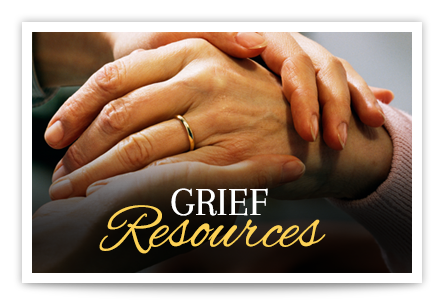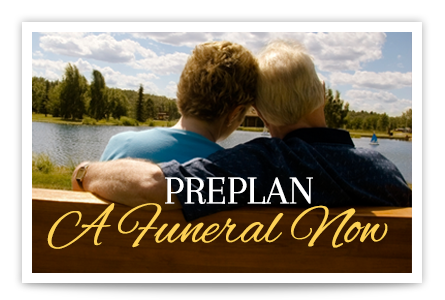When Death Occurs
No matter if a death is sudden, or if it something that was a long time coming, the loss of a loved one makes us feel emotional and overwhelmed. No amount of preparation can fully prepare you for the loss of a loved one. When you are in a heightened emotional state, even the most basic decisions can seem staggering. The following is a rough guideline of what needs to be done within the first 24 hours after death.
When death occurs at home or a place of business
If the person was not under hospice care, the police will have to be notified immediately. The police will be dispatched to the home and place the call to the coroner/medical examiner. From there the coroner/medical examiner will take the body and determine whether further action is necessary. The coroner/medical examiner must release the body before a funeral home can do anything. If the person was under hospice care, contact the hospice representative if they were not present and they will notify family members what the proper procedures are to follow.
When a death occurs at a hospital/nursing home/hospice facility
The staff of a care facility such as a hospital or a nursing home will notify you and the necessary authorities immediately after a death has occurred. If a funeral home has been provided to the hospital or nursing home, they will be notified at the time of death. If you are present at the hospital when the funeral director arrives, they will ask a few questions about the deceased wishes and set up a time to come into the funeral home to make arrangements, however, if you are not present a funeral director will contact you by telephone to discuss these arrangements.
Informing a Funeral Director
Once everything has been cleared with the proper authorities, the next call you place should be to a licensed funeral director. Funeral directors are here to help you obtain a death certificate, transport the body, and in the event pre-planning was not done, select a casket/urn and arrange the funeral/memorial service. The funeral director will also help you notify the employer and insurance company of the deceased to assist with those arrangements. Funeral directors are here to help and advise you and will work very hard to relieve the stress and logistics involved in funeral planning.
Meeting a Funeral Director
You should meet with a funeral director within 24 hours of a death to begin to make final arrangements for your loved one. Deciding on these final arrangements may seem like a very daunting task, especially when you are in heightened emotional state, but, funeral home staff have years of experience dealing with these issues, and strive to ensure everything goes as smoothly as possible.
<< BACK





